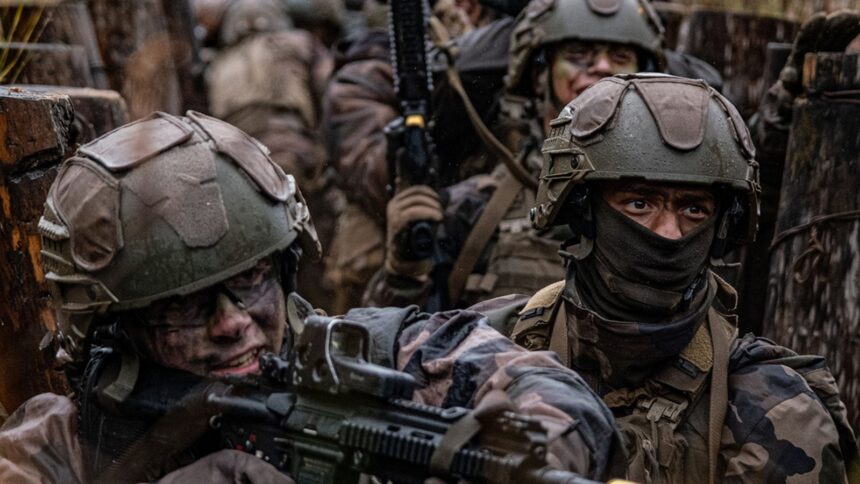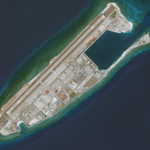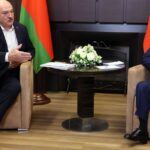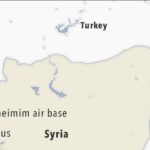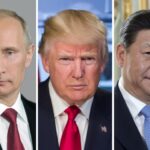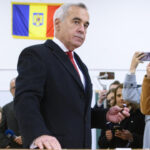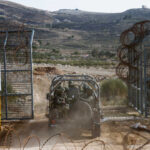Summary by Geopolist | Istanbul Center for Geopolitics:
The Council on Foreign Relations’ report “Reverberations From Ukraine” assesses the broader implications of Russia’s invasion of Ukraine. The conflict has intensified NATO’s focus, leading to increased military coordination, new member states, and economic sanctions on Russia. The report identifies potential instability in Russia’s neighboring regions and the risk of escalated conflict with NATO. It calls for strengthening NATO’s deterrence, integrating Ukraine into Western institutions, and countering Russian hybrid warfare. The analysis underscores the need for a robust Western response to manage the escalating threat from Russia.
For more details, read the full report here. ↓
Russia’s 2022 invasion of Ukraine has radically reshaped the security priorities of the United States and its European allies. NATO, recently moribund, has received a surge in funding and new members in Sweden and Finland; European economies have rapidly weaned themselves off Russian gas and adopted strict sanctions regimes; and Western countries and those on Russia’s periphery have grown increasingly watchful of sabotage and influence operations. Whether those measures can deter an emboldened Russia is unclear.
Understanding Russia—and the aims of President Vladimir Putin—is essential for any Western strategy. Andrea Kendall-Taylor, senior fellow and director of the Center for a New American Security’s transatlantic security program, explores Russia’s revanchist goals and provides a set of concrete recommendations for the United States and its allies to ensure European stability.
“Putin’s invasion of Ukraine brought war back to the heart of Europe. Given the reverberations that the war is producing, the conflict in Ukraine could be the start of a more turbulent era,” she writes. “An updated containment policy . . . [should] undermine Russia’s capacity for aggression, enhance deterrence of Russian conventional and hybrid threats, increase the resilience of countries on NATO’s periphery, create channels to decrease the risk of unintended escalation with Russia, and broaden the coalition of countries applying pressure on Moscow.”
Kendall-Taylor highlights three main arenas for potential instability: Russian interference in its periphery (particularly in Armenia, Belarus, Georgia, and Moldova), escalating conflict with NATO over Ukraine, and crisis among elites within Russia. Each poses its own challenges.
“Reducing the risk of instability and conflict in Europe and the former Soviet space will require the United States and its allies to build on ongoing efforts to constrict and constrain the Kremlin’s ability to sustain aggression in Ukraine and more broadly beyond Russia’s borders,” she argues. “In many ways, such an approach will resemble the containment strategy first set out in the 1940s.”
The continued defense of Ukraine is central. Kendall-Taylor advocates for the country’s further integration into NATO and the European Union, greater enforcement of sanctions placed on Russia, and bolstered deterrence among NATO partners. Further, she argues that Western countries should prepare against Russian hybrid warfare and influence campaigns, and court the support of nonaligned countries—particularly major emerging economies such as Brazil, India, Indonesia, Saudi Arabia, and South Africa.
Well-considered action is critical, especially given the United States’ broad security commitments. “If the United States were to become involved in a major conflict with China in Asia,” warns Kendall-Taylor, “the threat of Russian opportunistic aggression against NATO would increase.”
This is the fifteenth Discussion Paper in the Managing Global Disorder series, which explores how to promote a stable and mutually beneficial relationship among the major powers that can, in turn, provide the essential foundation for greater cooperation on pressing global and regional challenges.
By: Andrea Kendall-Taylor
Senior Fellow and Director of the Transatlantic Security Program, Center for a New American Security (CNAS)
Source: Council on Foreign Relations (CFR)

